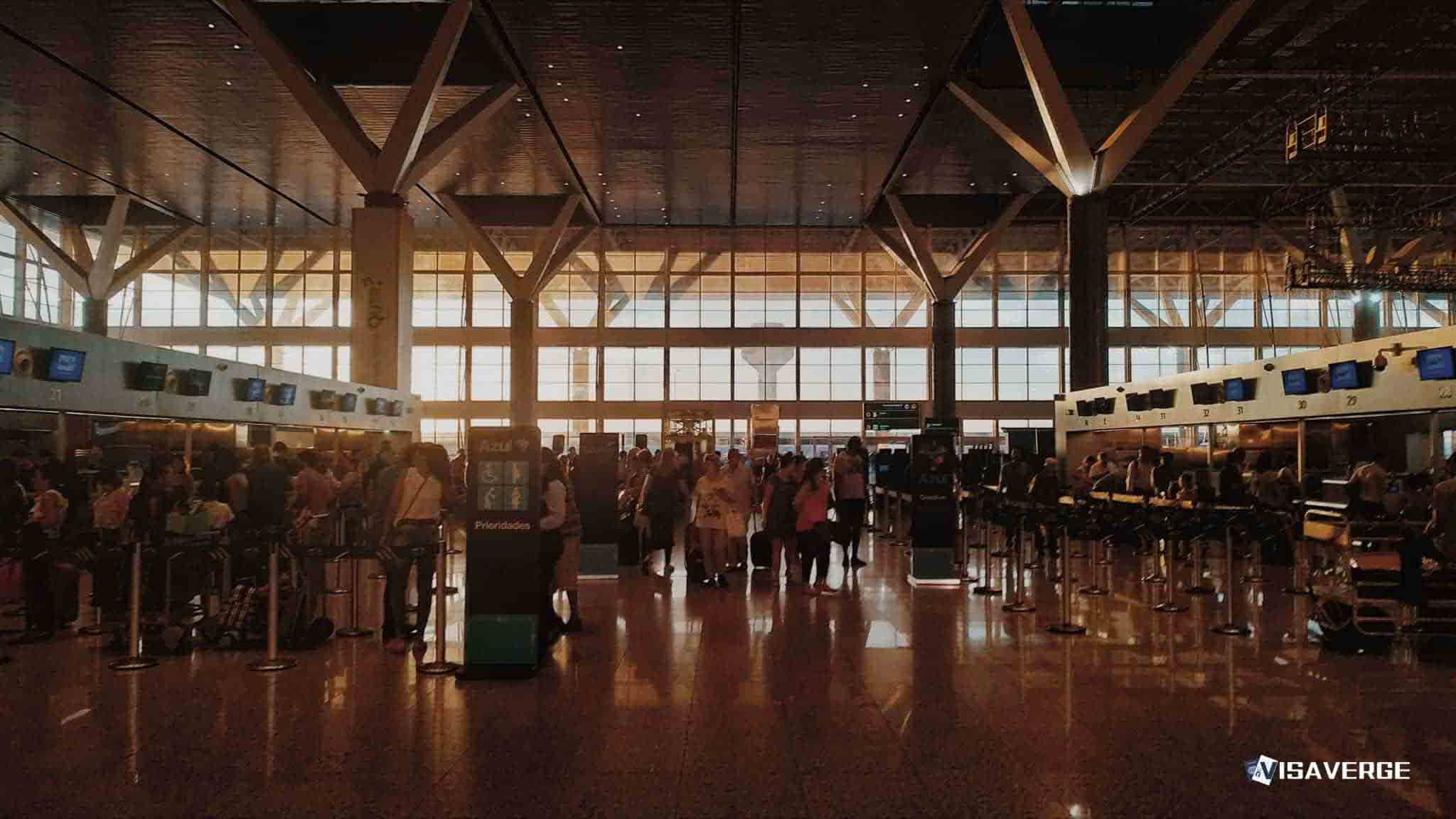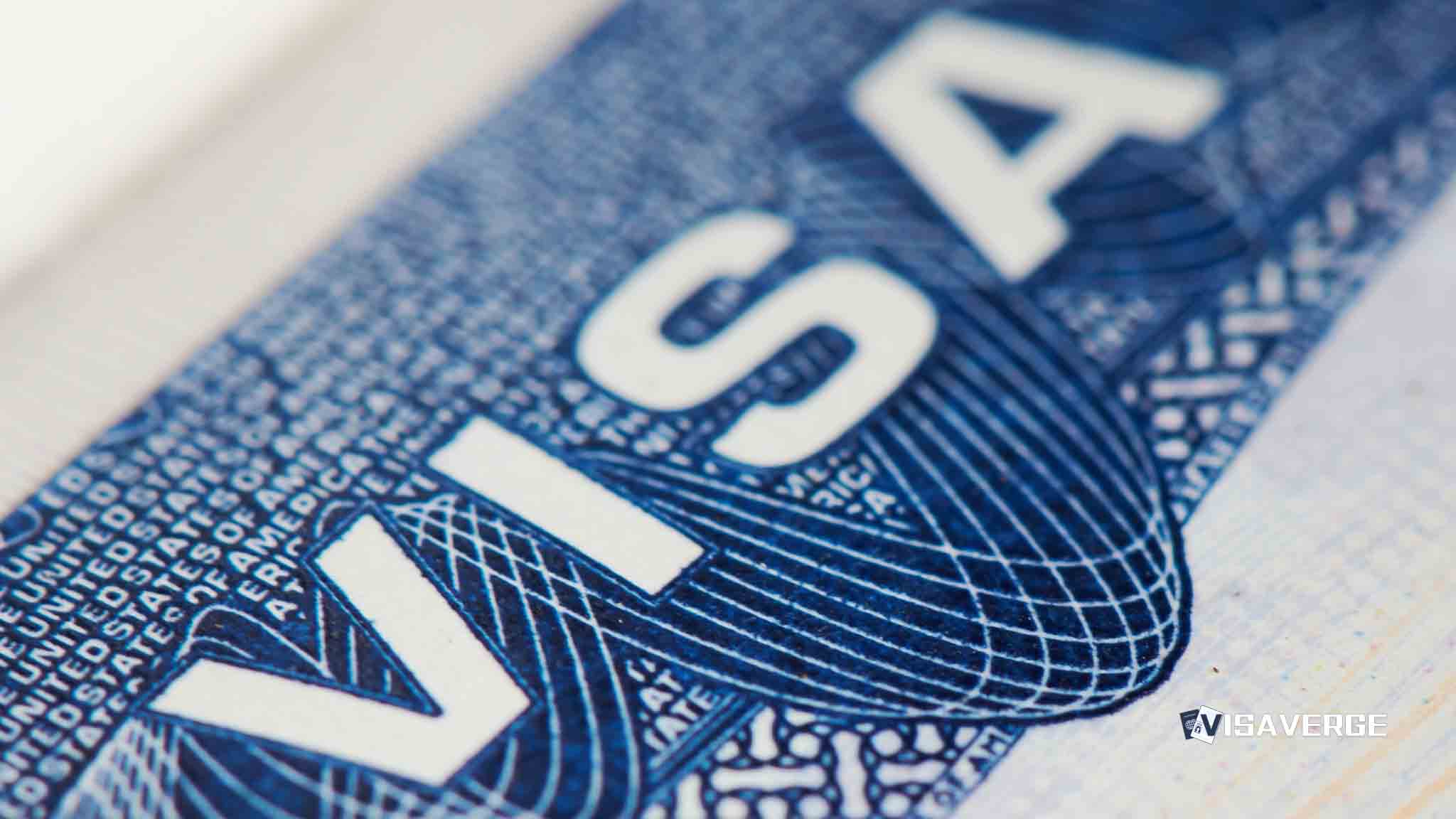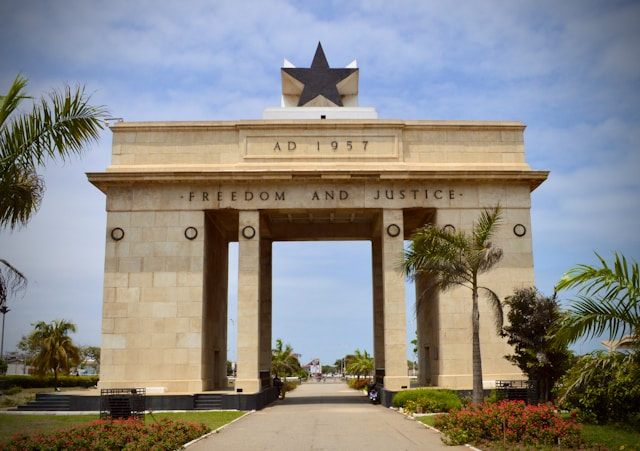(MONTREAL, CANADA) Nigeria used a major global aviation forum in Montreal in October 2025 to restate its commitment to aviation safety regulations and closer alignment with ICAO standards, positioning the country as a regional leader in safe, modern air transport.
Speaking at the 42nd ICAO Assembly in Montreal, Aviation Minister Festus Keyamo highlighted new government investment in airport and air navigation infrastructure and promised to make Nigeria “Africa’s most competitive aviation hub.” His remarks follow a series of policy moves and technical upgrades in 2025 that officials say prove Abuja’s resolve to meet and keep up with international safety expectations.

Alignment with ICAO and NCARs
Central to this effort is the close alignment of the Nigeria Civil Aviation Regulations (NCARs) with the technical annexes issued by the International Civil Aviation Organization in Montreal.
These rules lay out detailed requirements on matters such as:
- pilot training
- aircraft maintenance
- airport operations
- safety management systems
The Nigerian Civil Aviation Authority (NCAA) enforces the NCARs through regular inspections, audits and what it describes as tough enforcement action when airlines, airports or crew fall short. Officials say the goal is to keep Nigeria fully aligned with the aviation safety regulations agreed by ICAO member states, so that Nigerian carriers can compete and cooperate more easily with partners worldwide.
Regulatory oversight and crew standards
The NCAA, led by Director-General Captain Chris Najomo, used 2025 to respond to rising public concern about pilot training and regulatory oversight.
Key points the regulator emphasizes:
- Strict systems for licensing, recurrent checks and medical screening of cockpit crew
- Ability to suspend or withdraw licences where safety is at risk
- Framework designed to assure foreign regulators and lessors that pilots meet common international benchmarks
For travelers these checks are largely invisible, but they are central to keeping aircraft safe on busy regional and intercontinental routes.
Progress in international compliance and finance implications
One clear sign of progress has come from international compliance rankings linked to the Cape Town Convention (CTC), an air law treaty that helps protect aircraft financiers and lessors.
- CTC Compliance Index score rose from 49% to 75.5% by 2025
- This improvement moved Nigeria into the high compliance category
- Nigeria was removed from the Aviation Working Group’s watchlist of non-compliant states
Aviation lawyers note that higher scores on the index can translate into:
- cheaper borrowing
- easier access to leased aircraft
Those financial benefits can help local airlines grow fleets and open new routes, expanding options for Nigerians and foreign passengers who depend on reliable links for work, study and family visits.
Government policy agenda and technology upgrades
Beyond legal compliance, the Federal Government has set a broad policy agenda for the sector. Minister Keyamo pledged strict adherence to ICAO safety regulations and a drive to raise Nigeria’s formal safety rating.
Planned and ongoing initiatives include:
- Revitalizing airports and repairing ageing infrastructure
- Upgrading air traffic management systems
- Introducing advanced technology such as Performance-Based Navigation (PBN) procedures for more precise routing
- Human capacity development with training programs for controllers, inspectors and technical staff
These steps aim to ensure the system can handle growing traffic while meeting international benchmarks.
Inter-agency cooperation and passenger experience
Inter-agency cooperation forms another strand of the safety push. Aviation security, customs, immigration and emergency services share responsibility for keeping airports safe.
Officials promise closer coordination on:
- Risk assessment
- Emergency drills
- Real-time information sharing
For passengers this may mean more visible security at terminals and additional checks at border points. Authorities argue such measures are necessary to meet global expectations and reassure foreign partners.
Officials say the measures may increase visible controls for passengers, but they are essential to keep pace with global safety and security standards.
Global frameworks and environmental commitments
Nigeria has also backed several global frameworks promoted by ICAO, including:
- Global Aviation Safety Plan
- Global Air Navigation Plan
- Environmental schemes such as CORSIA (Carbon Offsetting and Reduction Scheme for International Aviation)
Supporters say participation in these initiatives shows Abuja is considering how Nigerian flights fit into a wider global network. Environmental groups and some airlines have urged faster action on emissions and fuel efficiency, and Nigeria’s support for CORSIA is viewed as part of that broader shift toward greener aviation.
Federal Airports Authority of Nigeria (FAAN) actions
Inside the country, the Federal Airports Authority of Nigeria (FAAN) has echoed the central message on safety and modernization. Lawmakers on the House Committee on Aviation have praised FAAN for proactive work to address:
- Ageing infrastructure
- Congestion at key hubs
Examples of FAAN initiatives:
- Runway repairs and new safety markings
- Improved passenger handling systems
FAAN says these changes will help airports cope with increasing demand from domestic and international travelers.
Regional context and wider benefits
Analysts note these steps come at a time when African aviation faces pressure to improve safety records and reliability while increasing direct links for business travelers and migrants.
According to analysis by VisaVerge.com, reliable connections and strong safety oversight in transit hubs can support:
- Student mobility
- Labor migration
- Family visits
By stressing its commitment to ICAO rules in Montreal, Nigeria signals to partner states that its airports aim to meet the same baseline standards as major hubs in Europe, the Middle East and North America.
From global benchmarks to local practice
The International Civil Aviation Organization sets global benchmarks but relies on national governments to turn them into law and daily practice. Nigeria’s decision to align its NCARs closely with ICAO annexes is intended to narrow the gap between international agreements and everyday operations in:
- Control towers
- Cockpits
- Terminals
For travelers and airlines, continued progress on aviation safety regulations will influence how attractive Nigerian airports become as gateways for West and Central Africa, and how far the country can go toward building a competitive, modern and safe aviation hub.
Officials say the next phase will focus on steady implementation, ensuring that progress recorded on paper translates into safer flights every day.
Nigeria used the 42nd ICAO Assembly to commit to aligning NCARs with ICAO standards, investing in airports and navigation systems, and strengthening NCAA oversight. Key outcomes in 2025 include a rise in the CTC Compliance Index from 49% to 75.5%, improved access to leased aircraft and cheaper financing, and initiatives like PBN, runway repairs, and inter-agency coordination to boost safety, capacity, and environmental performance for regional aviation.







